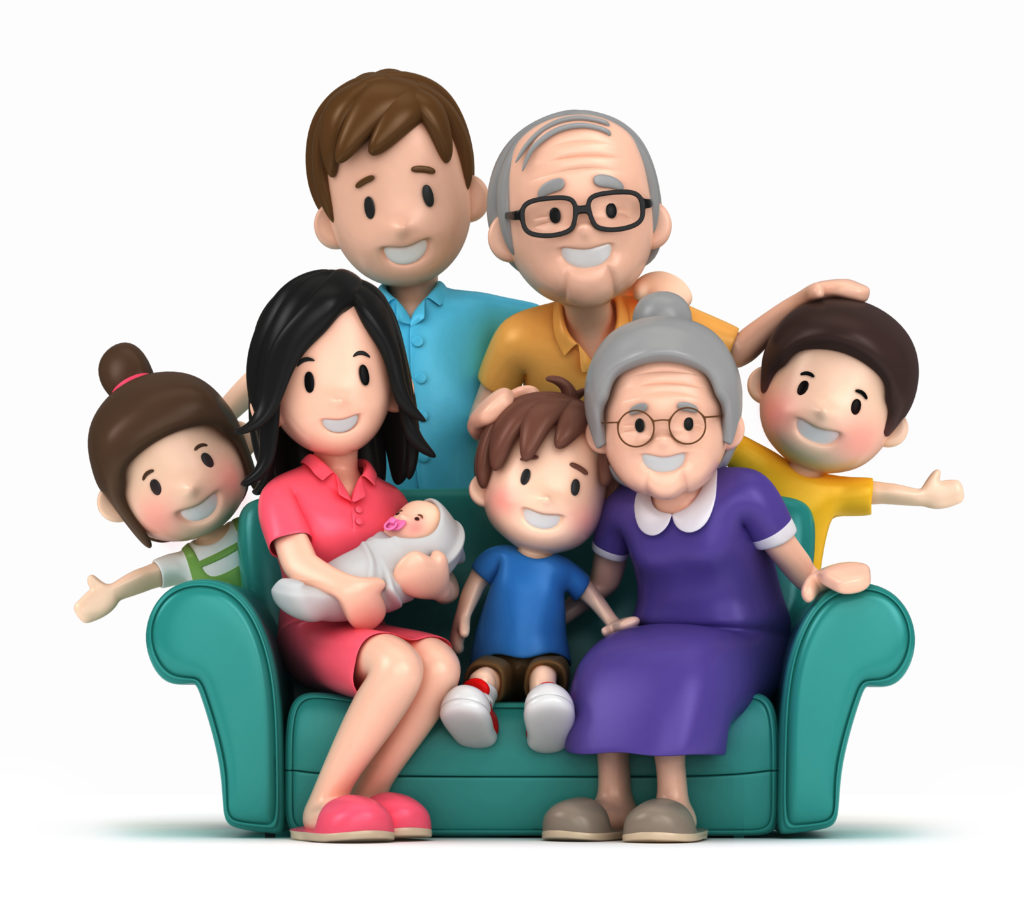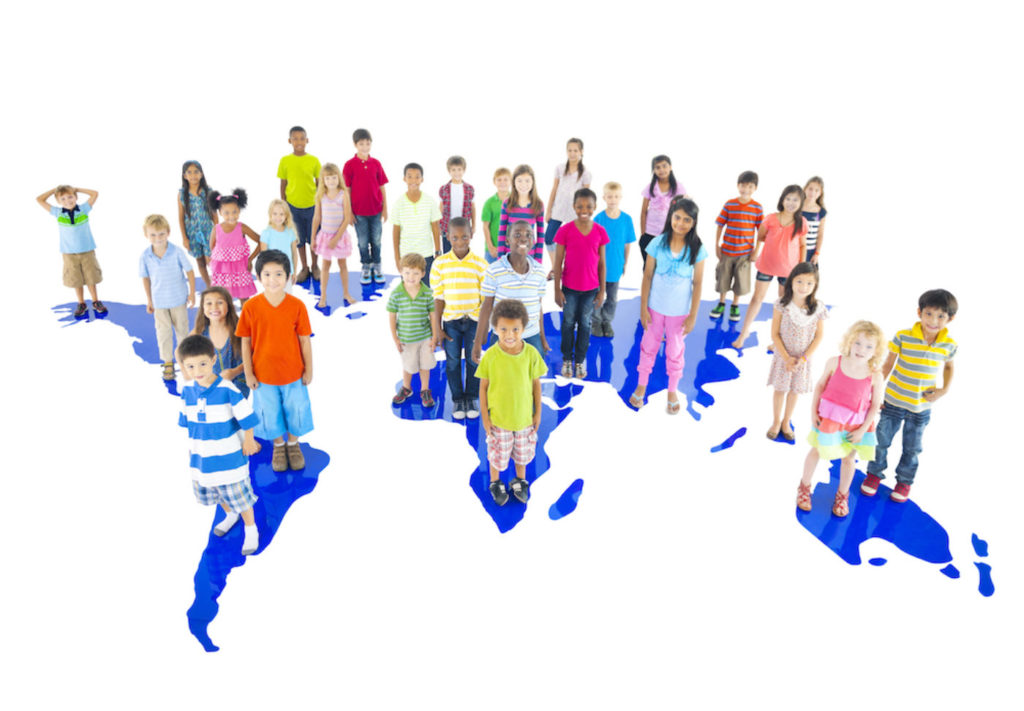There is no such language as “Chinese”, instead there is a family of Chinese languages that include Mandarin and Cantonese. Mandarin was the language that most scholars and the government used. In Mandarin, people say Ni Hao (Hello) when greeting each other, unless they are greeting someone they would like to show great respect. In that case they say Nin Haoinstead. When greeting older people, the Chinese often call them “Elder” and younger people “Younger” followed by their last name.
When greeting a group of Chinese, the oldest member of the group is always greeted first. Touching strangers is not normal in China, so don’t hug anyone when first meeting them. Most people handshake when they first meet to do business. Interrupting others is rude in China, so always listen and wait your turn.
Smiling and frowning are tricky things in Chinese culture. Most Chinese appreciate being looked in the eye and smiling when speaking to others, but smiling might also mean that someone is embarrassed. Frowning in China could mean that someone disagrees instead of just being sad so it is important not to frown unless you really mean it!

Online Chinese lessons for kids: dinolingo.com


